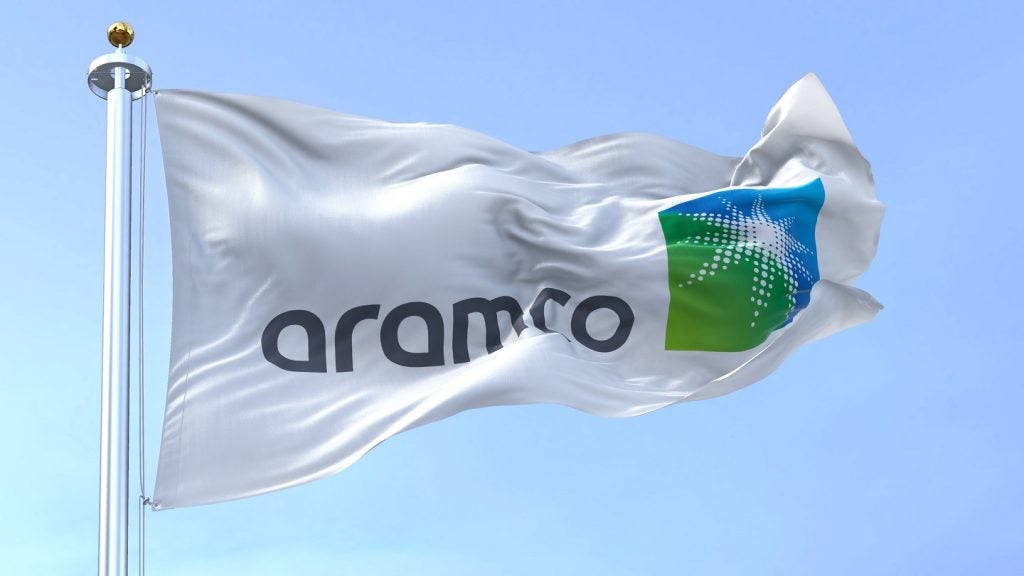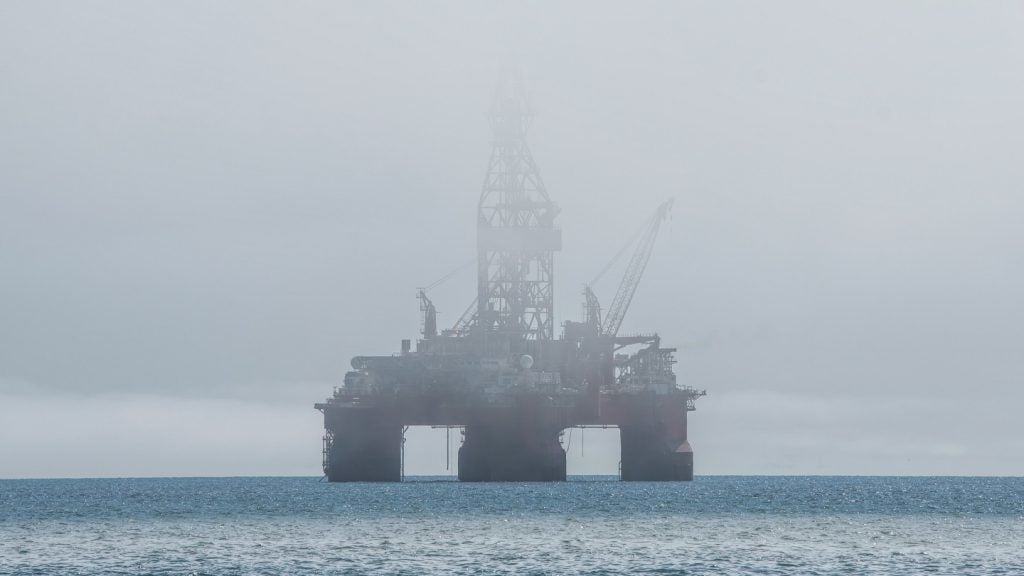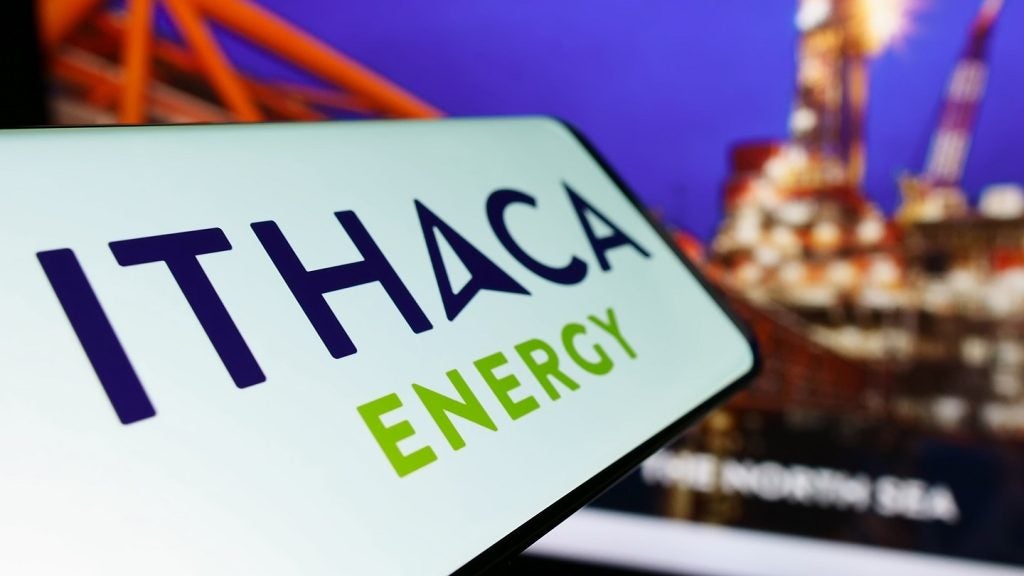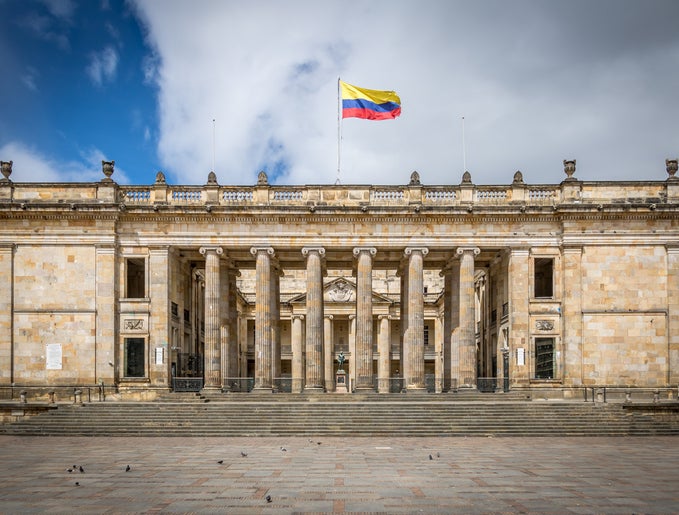US-based oil extractor Talos Energy today announced it will spend $170m less on capital and operating costs in 2020. This would be a one-third reduction in its annual capital expenditure. In a statement, the company said it would also seek further cost-cutting across the year.
Talos said it will be able to generate free cash flow in 2020 despite the low price of oil. After expenditures and interest payments, it said this would be “in the mid-$20s per barrel average WTI prices”.
The statements said the company would focus on its previous commitments and fixed-cost production from its current assets. It said: “Given the ability to utilize existing infrastructure, Talos believes these high margin, low breakeven investments are economic even in the current commodity price environment.”
The company said it had not changed spending for front end engineering and development work on the Zama project, offshore Mexico.
Talos has also re-evaluated its estimates for the year. It expects to sell 3,100 barrels of oil equivalent per day less then previously predicted, a fall of less than 5%.
President and CEO Timothy Duncan said: “I believe Talos is well positioned to successfully navigate the current environment. We expect to continue to invest in our infrastructure-led short-cycled developments while staying focused on moving Zama forward towards a final investment decision. We believe our 2020 updated capital program will be self-funded in the mid-$20’s per barrel of WTI.”
How well do you really know your competitors?
Access the most comprehensive Company Profiles on the market, powered by GlobalData. Save hours of research. Gain competitive edge.

Thank you!
Your download email will arrive shortly
Not ready to buy yet? Download a free sample
We are confident about the unique quality of our Company Profiles. However, we want you to make the most beneficial decision for your business, so we offer a free sample that you can download by submitting the below form
By GlobalData“These are not the only spending reduction and costs savings we expect in 2020. We also expect the costs associated with certain services to come down throughout the year, but we are not counting on or including such cost reductions in these assumptions.”







